“Whenever one of us needs a pick-me-up, we can always count on Tabitha to respond to snuggles with affectionate smiles. Although Tabitha may not contribute to society in the same way as her siblings, the lives she touches are forever changed for the better.”
Since Tabitha is our 6th child, we opted not to do any prenatal testing (including ultrasounds), and simply monitor both mom and baby’s vital signs closely. As a result, this was the healthiest and most stress-free pregnancy, with no regrets. This pregnancy progressed exactly like the other 5, except it was obvious (from her amount of movement) that she would be smaller than her siblings.

At 39.5 weeks, my water broke, but labor did not progress as quickly as it had with previous children. And, when Tabitha finally presented herself, she was breech, forcing the midwives (since this was a home birth) to call EMS, who arrived just in time to witness her birth. However, since Tabitha was a tiny 4 lbs. 2.3 oz., the midwife suspected twins, so off to the hospital we went.
At the hospital (once it was confirmed that there were no more babies), we were bullied into admitting Tabitha to NICU, where she received all the care necessary to stay alive, while doctors spent the next 12+ hours thoroughly checking her for congenital defects. Then, we were informed that all they could find was a “possible” heart defect, but because she possessed the physical markers of Trisomy 18 (without a confirming blood test), we were encouraged to take her home on comfort care, for her to die of SIDS within a few weeks. When the NICU doctor broke the news to us, it was like we had been kicked in the stomach; and, the 180⁰ change in attitude towards her life gave us whiplash. Being told that Tabitha would have severe disabilities and medical challenges did not change how we valued her. However, being told that we would surely bury our precious child was overwhelming.
Instead of laying out ALL the care options and letting us make informed choices, we were asked questions about risk tolerance and quality of life, to enable doctors to choose which options to make available. It wasn’t until we insisted on FULL intervention, that things, which have made the greatest difference, were even mentioned. Since Tabitha was not dependent on life support systems, we were able to load up with NG tubes (replaced with G-tube at 10 months), gravity-feed supplies (finally got feeding pump at 10 weeks), and apnea monitor (upgraded to pulse oximeter at 14 months); and, go home within 40 hours of her birth.
We were anxious for our other children to meet and hold Tabitha, but there was SO MUCH we didn’t know, and we didn’t know how to tell them that she wasn’t expected to live long. Her siblings were 17, 14, 11, 9, and 2; and, we worried that our 2-year-old daughter would not understand why her baby sister was delicate, so we encouraged her to put her index finger inside Tabitha’s clenched fist, as their special way of bonding.

We brought Tabitha home attached to an apnea monitor, explaining to our children that when it beeped, it meant that Tabitha had stopped breathing, and we needed to act fast to keep her alive. We made sure they ALL received infant CPR training, mainly so they wouldn’t panic in an emergency situation. Our 2-year-old just assumed that all babies came with monitors, and was eager to help carry it, so we could take Tabitha places with us. Praise God, Tabitha has never had an apnea episode! Although, we have experienced plenty of exciting false-alarms, when sensors or power source came undone.
In the beginning, thoughts of what it would be like to find Tabitha dead were consuming. It was impossible to attend funerals without envisioning what Tabitha’s would feel like. But, the fact of the matter is, today could be the last day for any one of us, so we strive to make God’s priorities our priorities and not waste the precious time we have NOW. Thus, Tim McGraw’s “Live Like You Were Dying” has become our theme song. Additionally, we made sure everyone had the opportunity to see a counselor, who explained that anticipatory grief is just as valid/real as actual grief; and, that it is not healthy to suppress it, in an effort to not add to each others burdens. We also made an effort to provide each child (especially the teenagers) with social outlets to help them cope with PTSD.

Thanks to the encouragement of fellow SOFT members, at 4.5 months of age, Tabitha was accompanied by Mom and Big Sister to Omaha, Nebraska (over 1,200 miles away), for heart-repair surgery by Dr. Hammel. The most gut-wrenching part was watching complete strangers take her away, only to return with numerous tubes and wires coming from her body. Tabitha recovered quickly though, being discharged within 5 days of surgery, and only away from home for 11 days. Seeing how well Tabitha responded to surgery (especially since we were blessed with a regular milk donor, for the next 9-11 months, through “Human Milk 4 Human Babies”), converted her local Cardiac team to early heart-repairs, and put a stop to phrases like, “Let’s wait and see if she sticks around first….” Now, Tabitha is growing and thriving, thanks to the digestive support of her Naturopath, and the neurological support of her Chiropractor.
Finally, as a home-educating family, who already tailors our lives around each child’s ability and bent, adding a differently-abled child was not much different. However, we have have had to be intentional in restoring a sense of security to our home. So, we postponed potty-training sibling and outside commitments, until a sense of stability and comfort had been restored. Consequently, we have drawn closer together as a couple and family, being more patient and considerate towards one another. Whenever one of us needs a pick-me-up, we can always count on Tabitha to respond to snuggles with affectionate smiles. Although Tabitha may not contribute to society in the same way as her siblings, the lives she touches are forever changed for the better.
Written by Sandi E – Tabitha’s mom
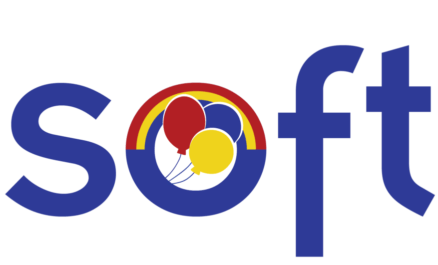
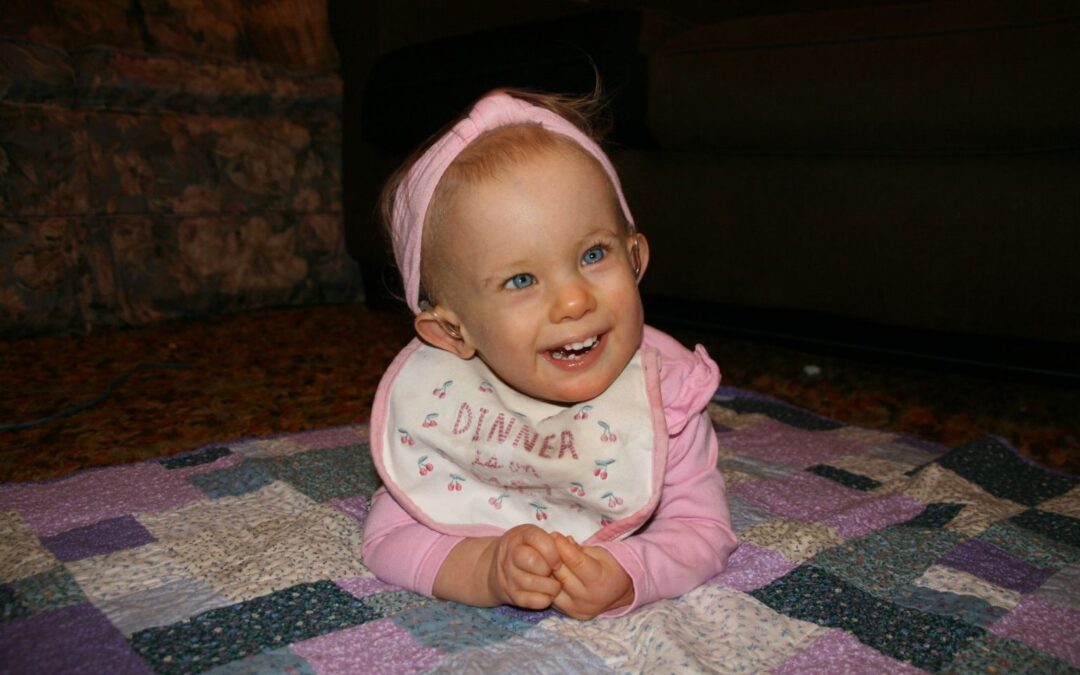
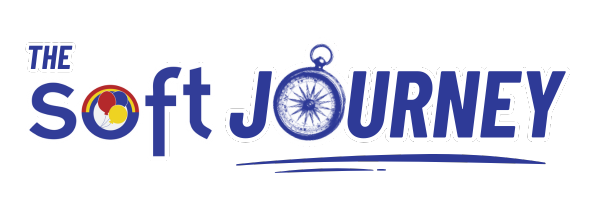
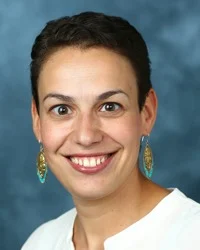
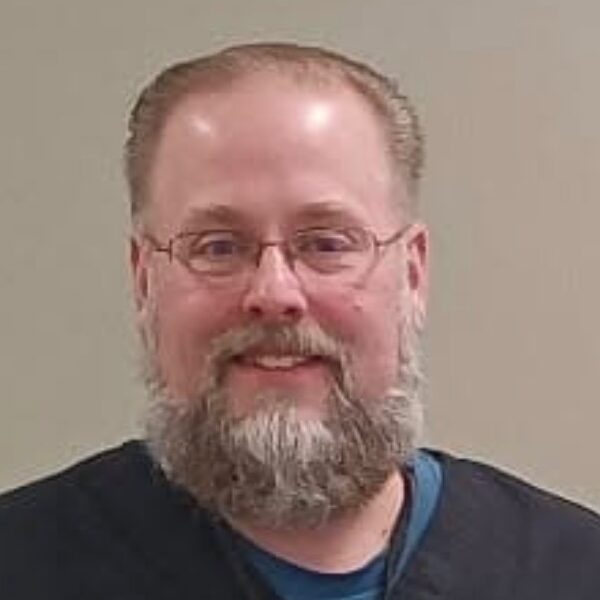

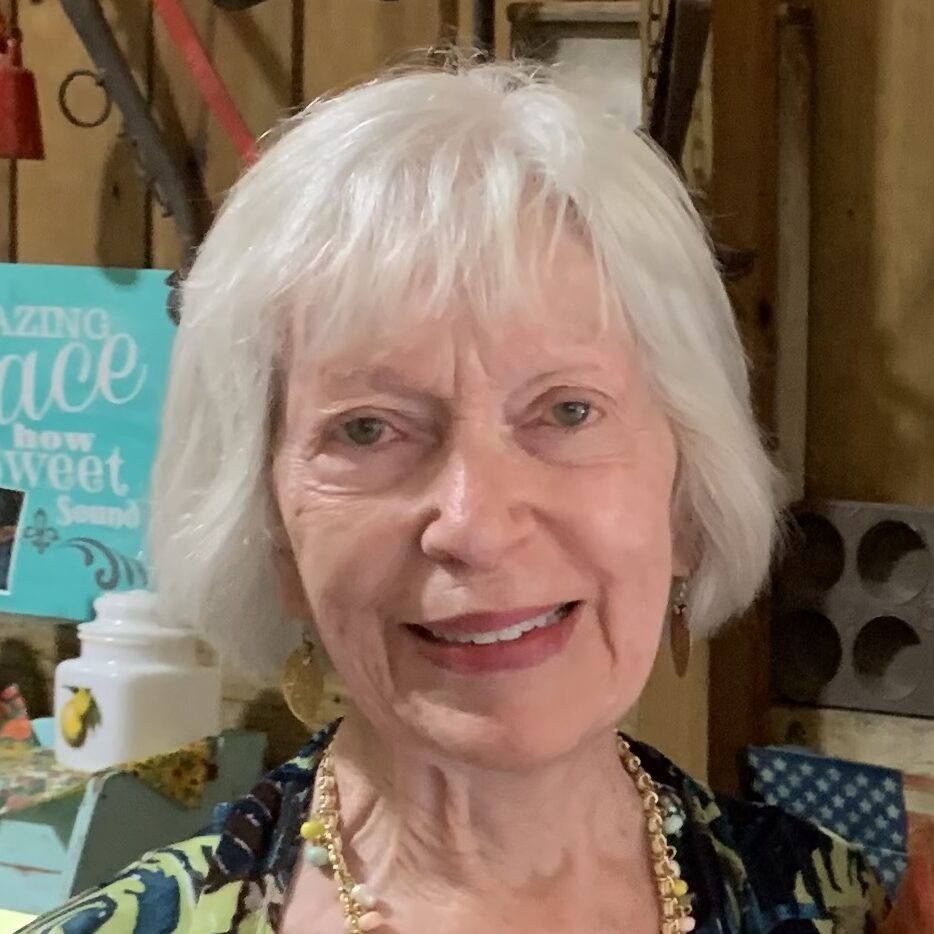

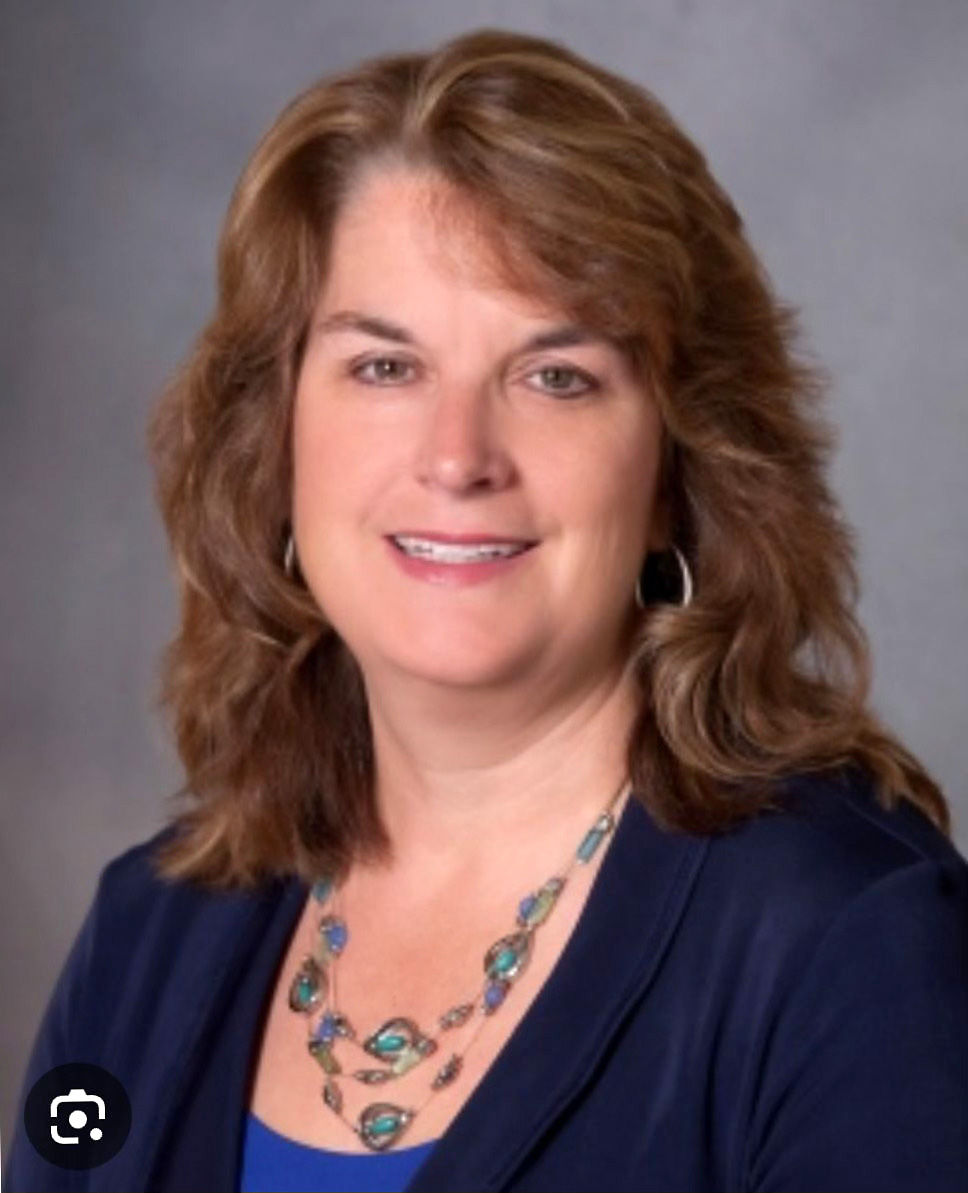
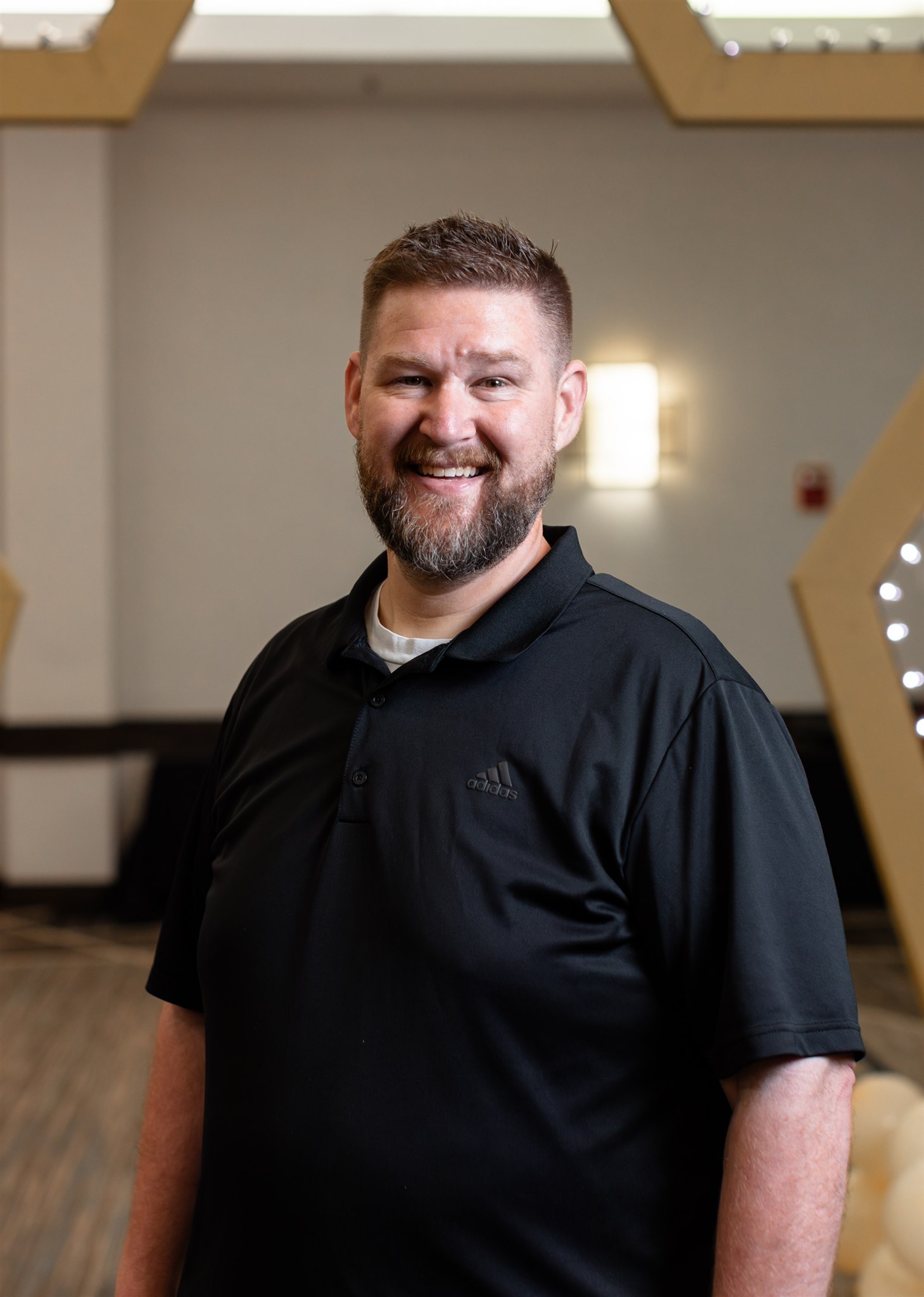
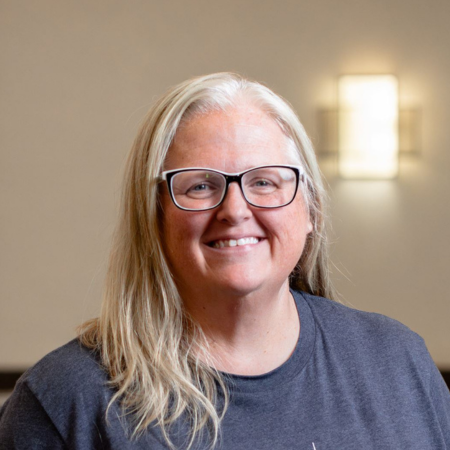

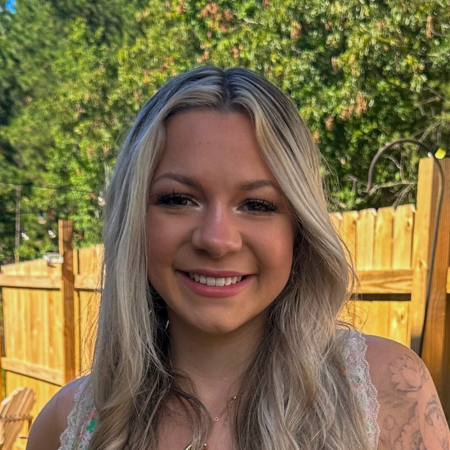
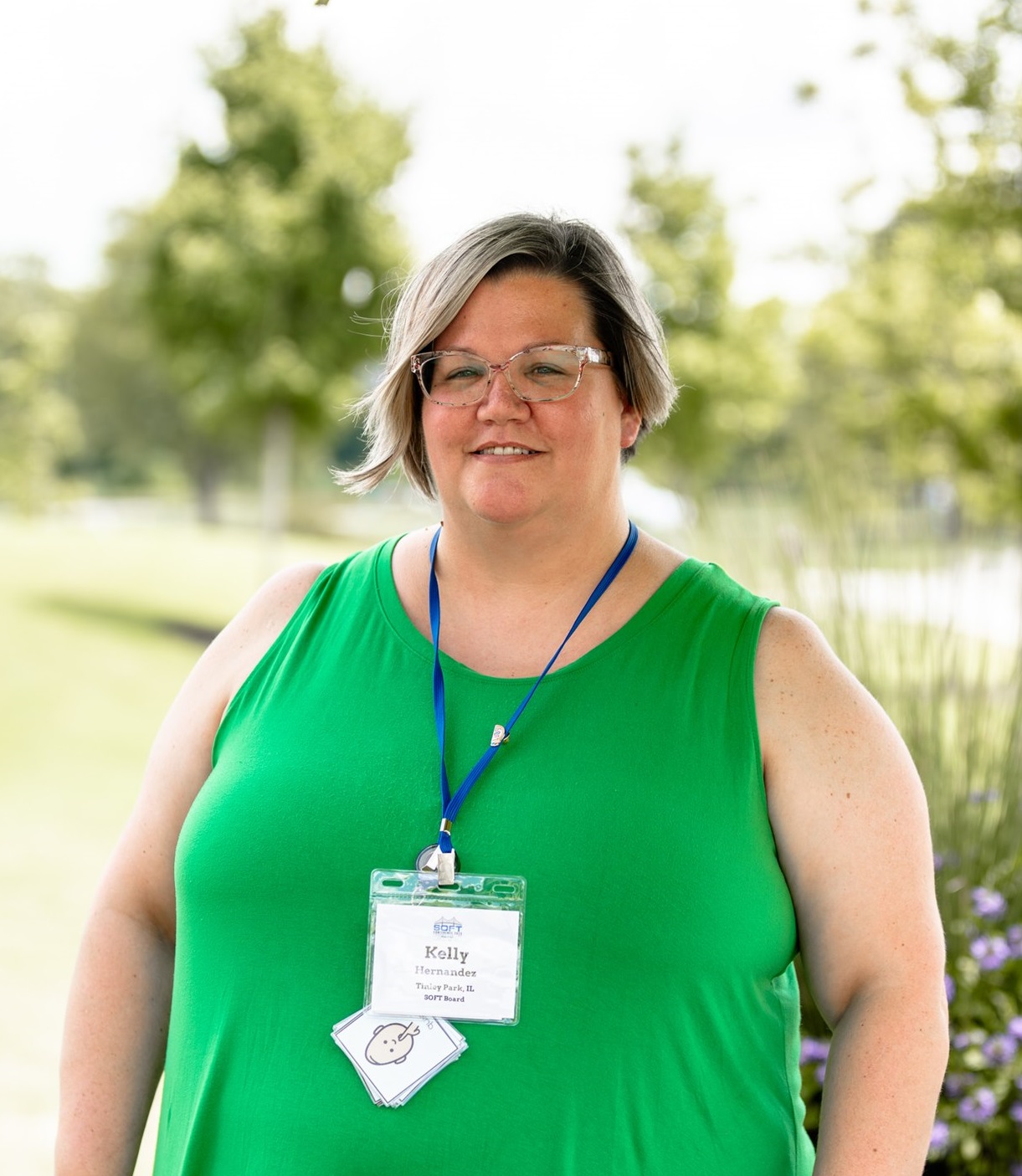
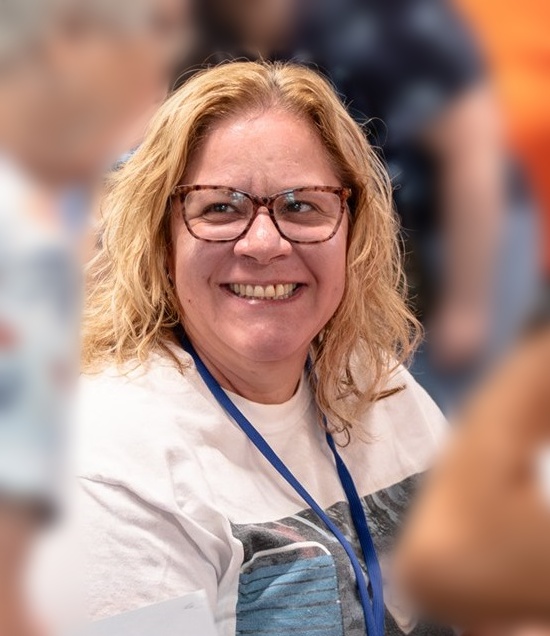
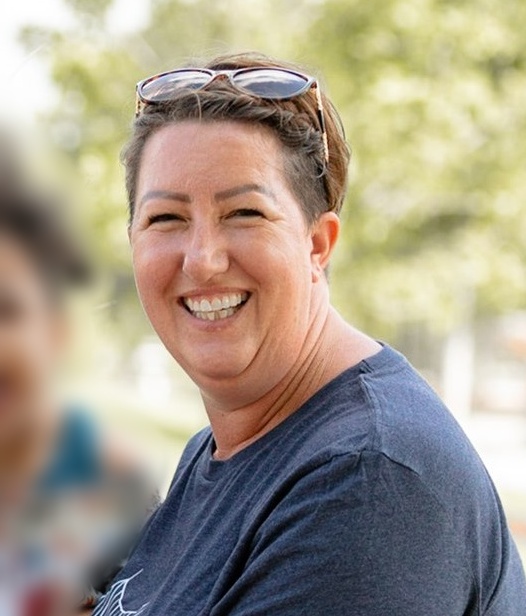
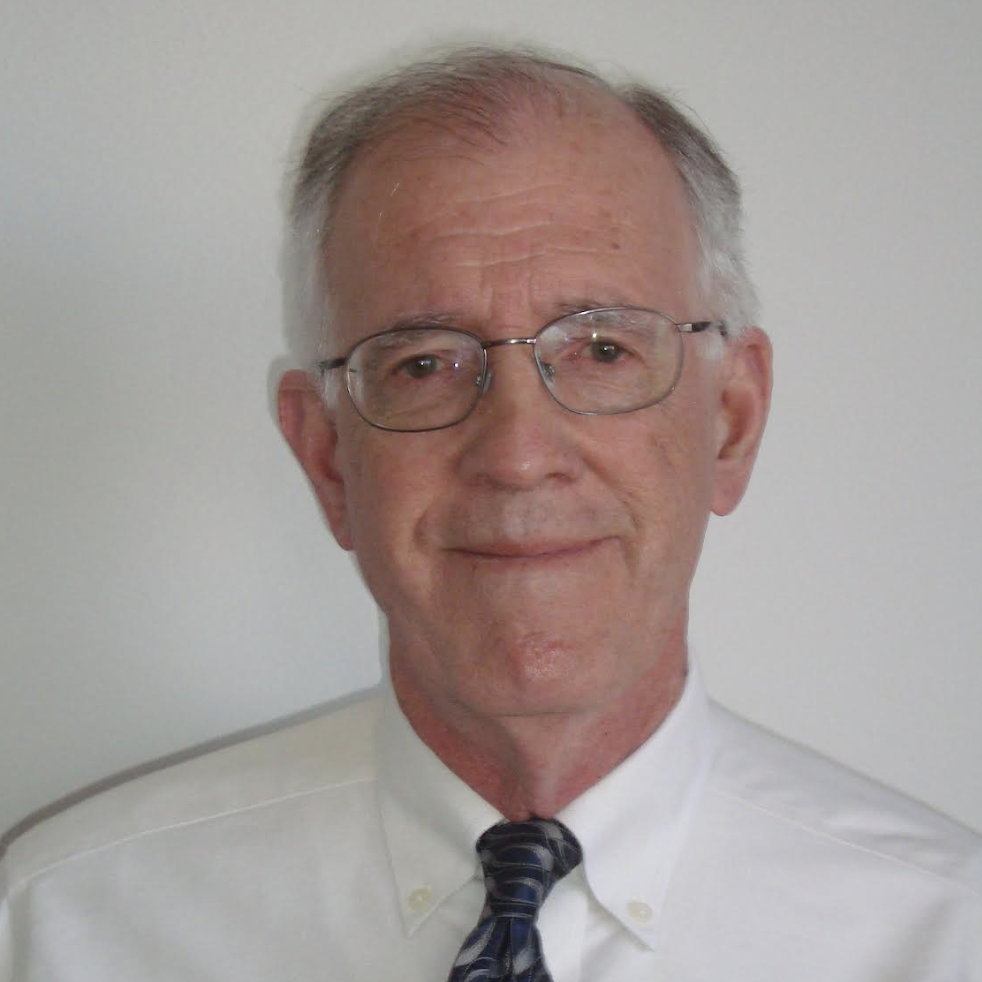
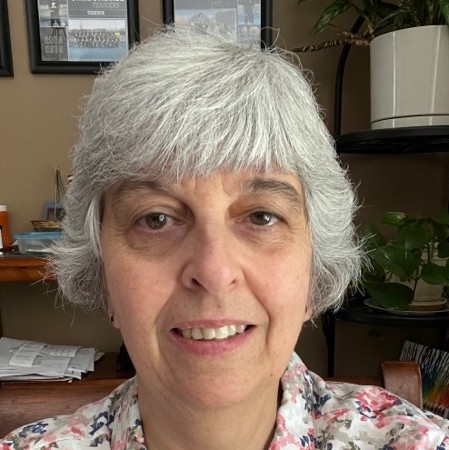
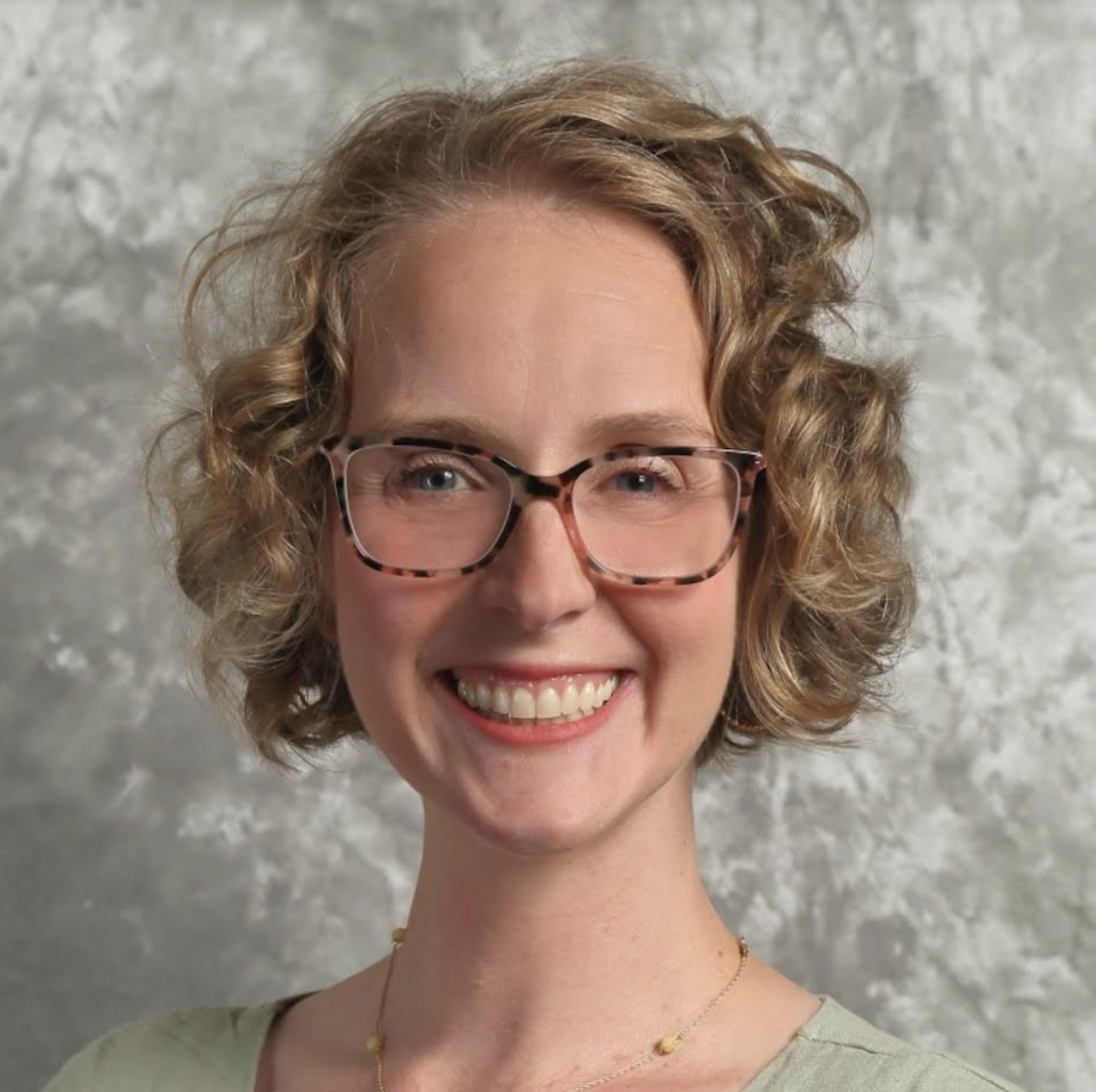
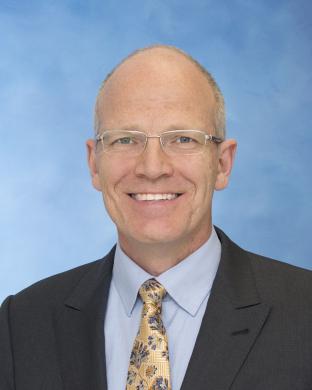
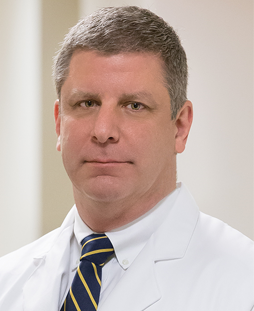
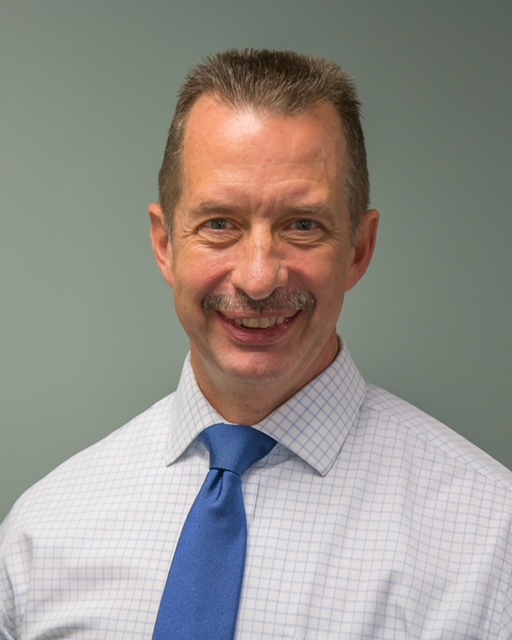
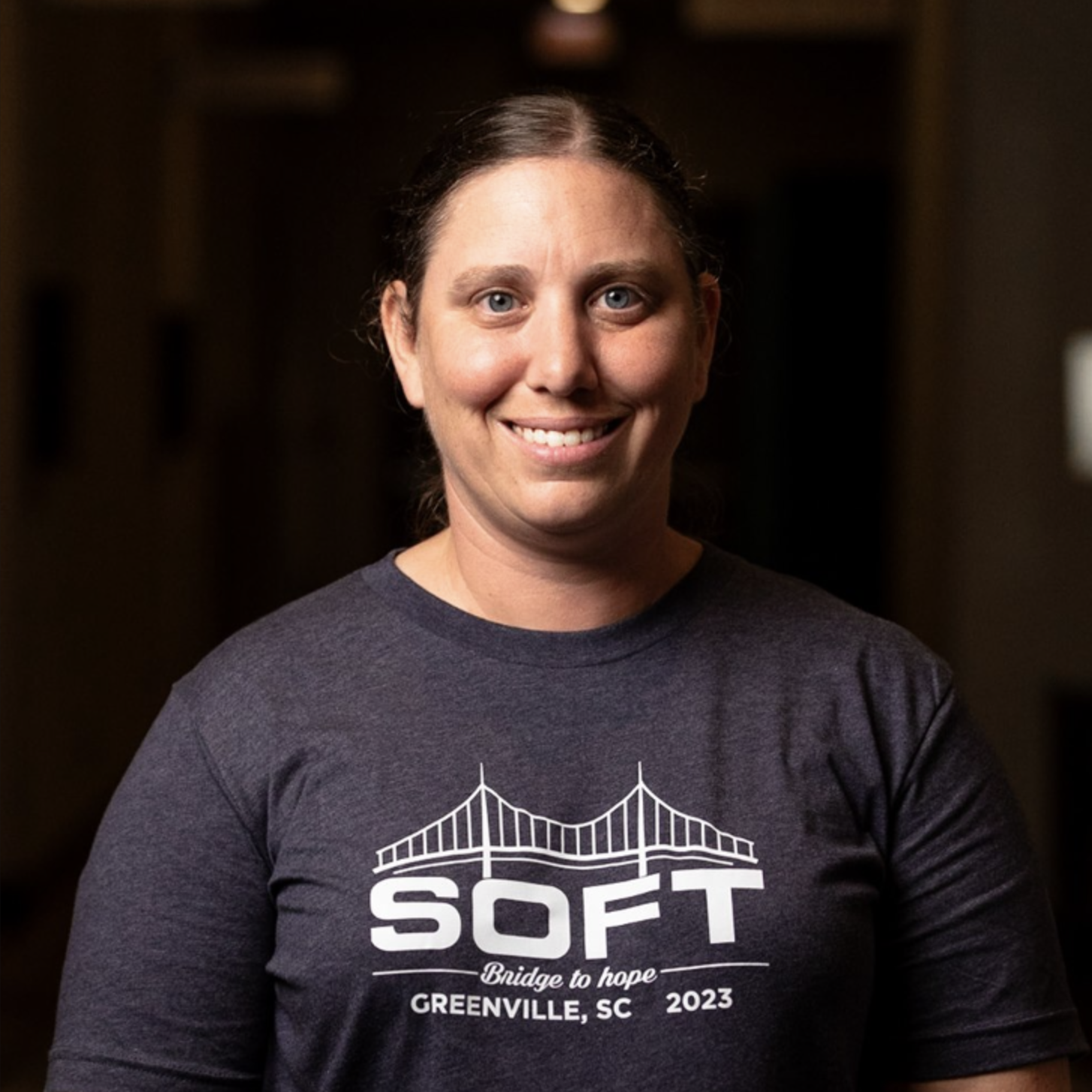

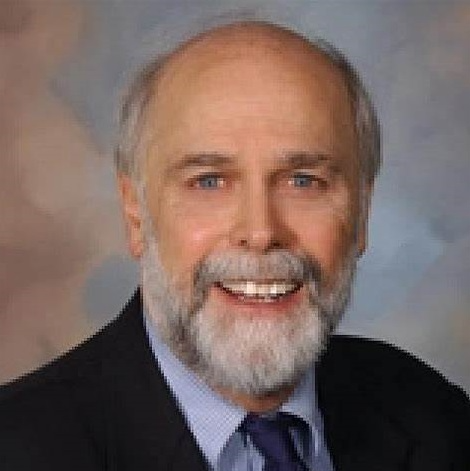

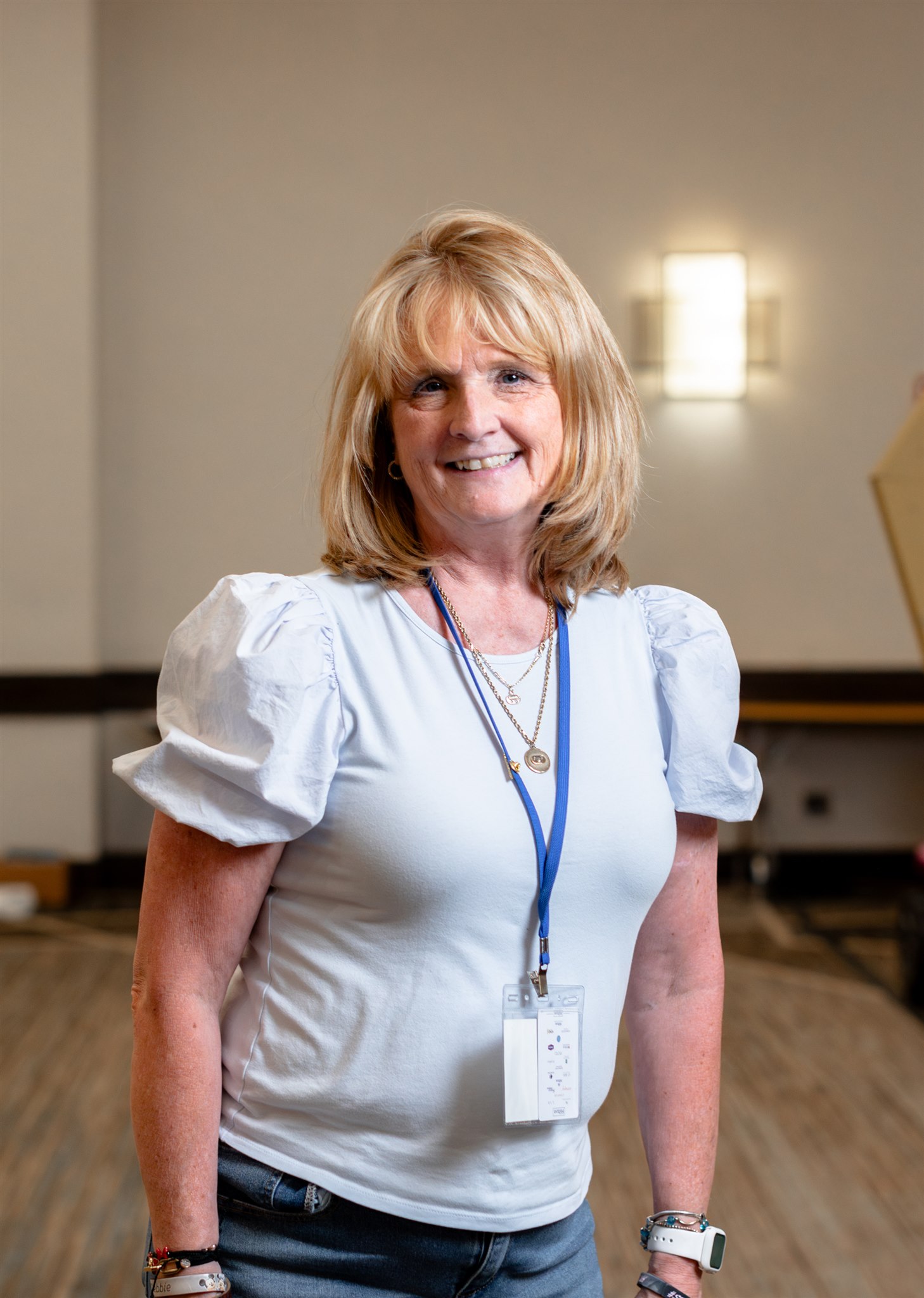
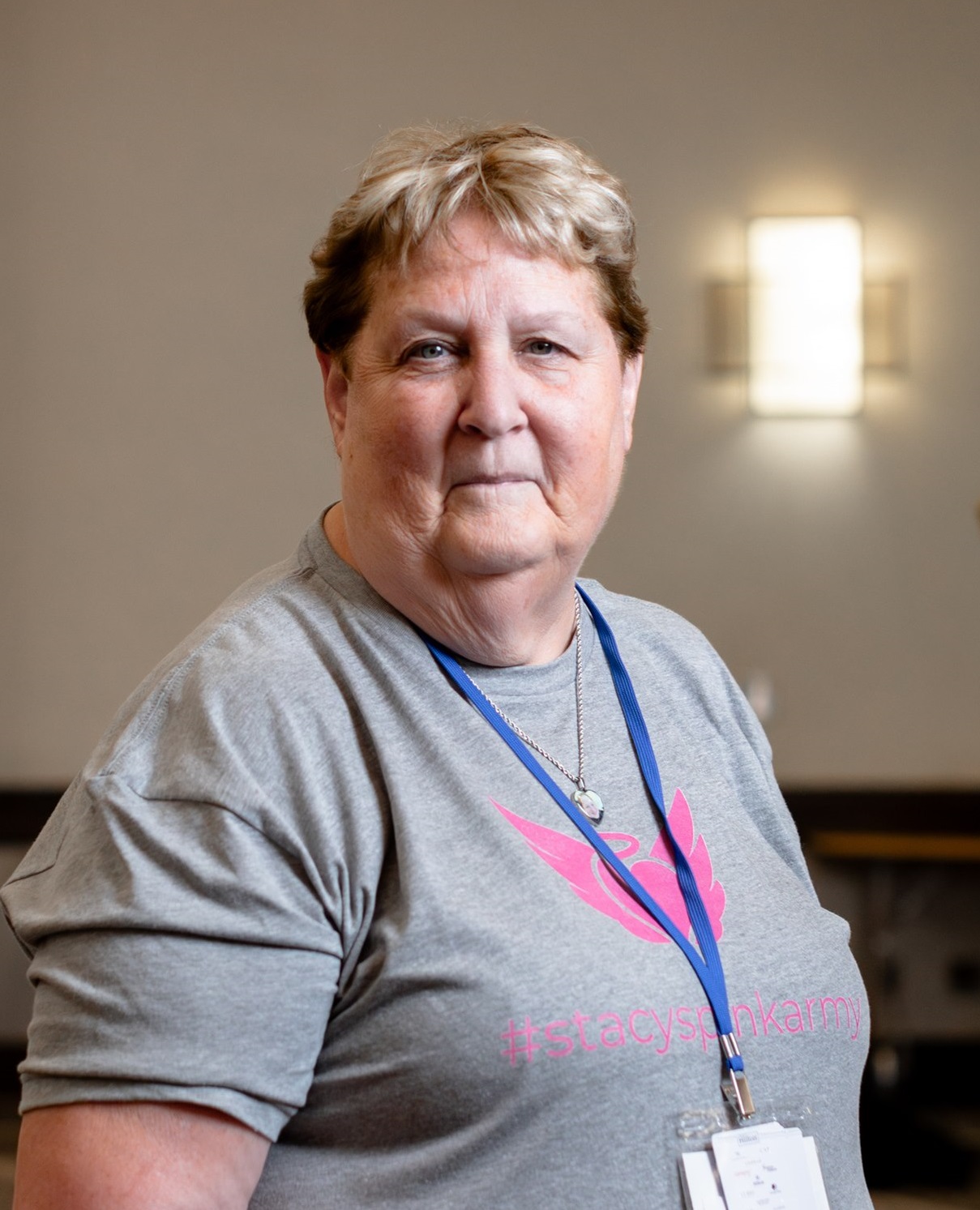
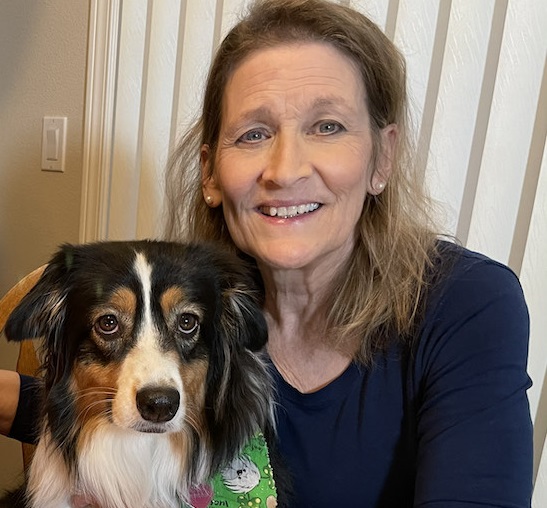
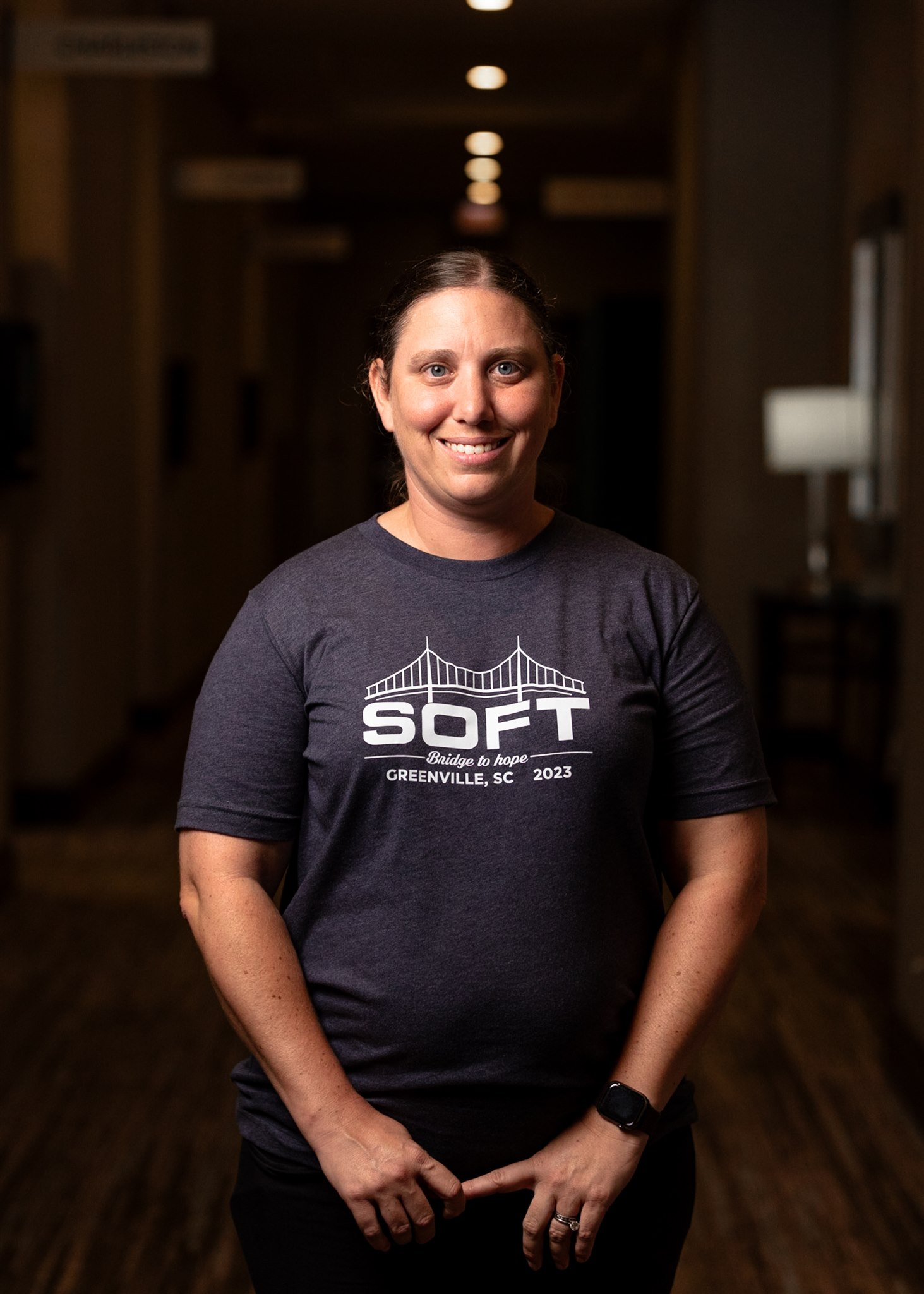
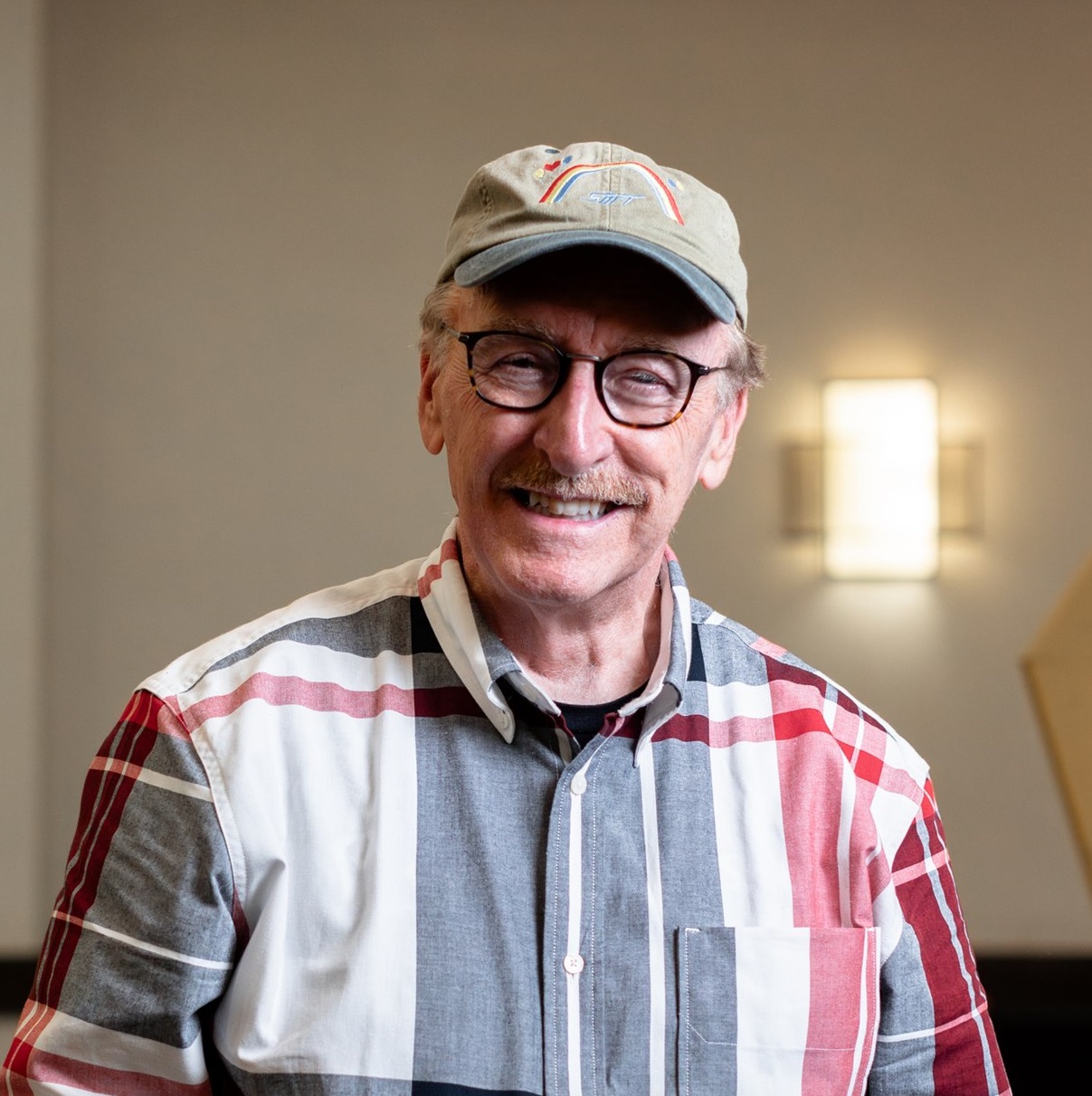
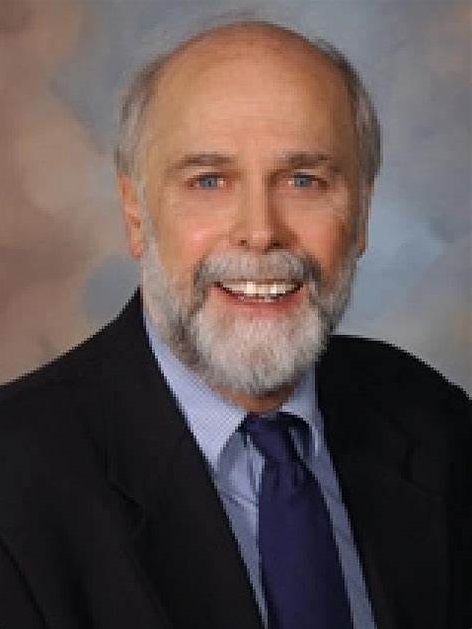
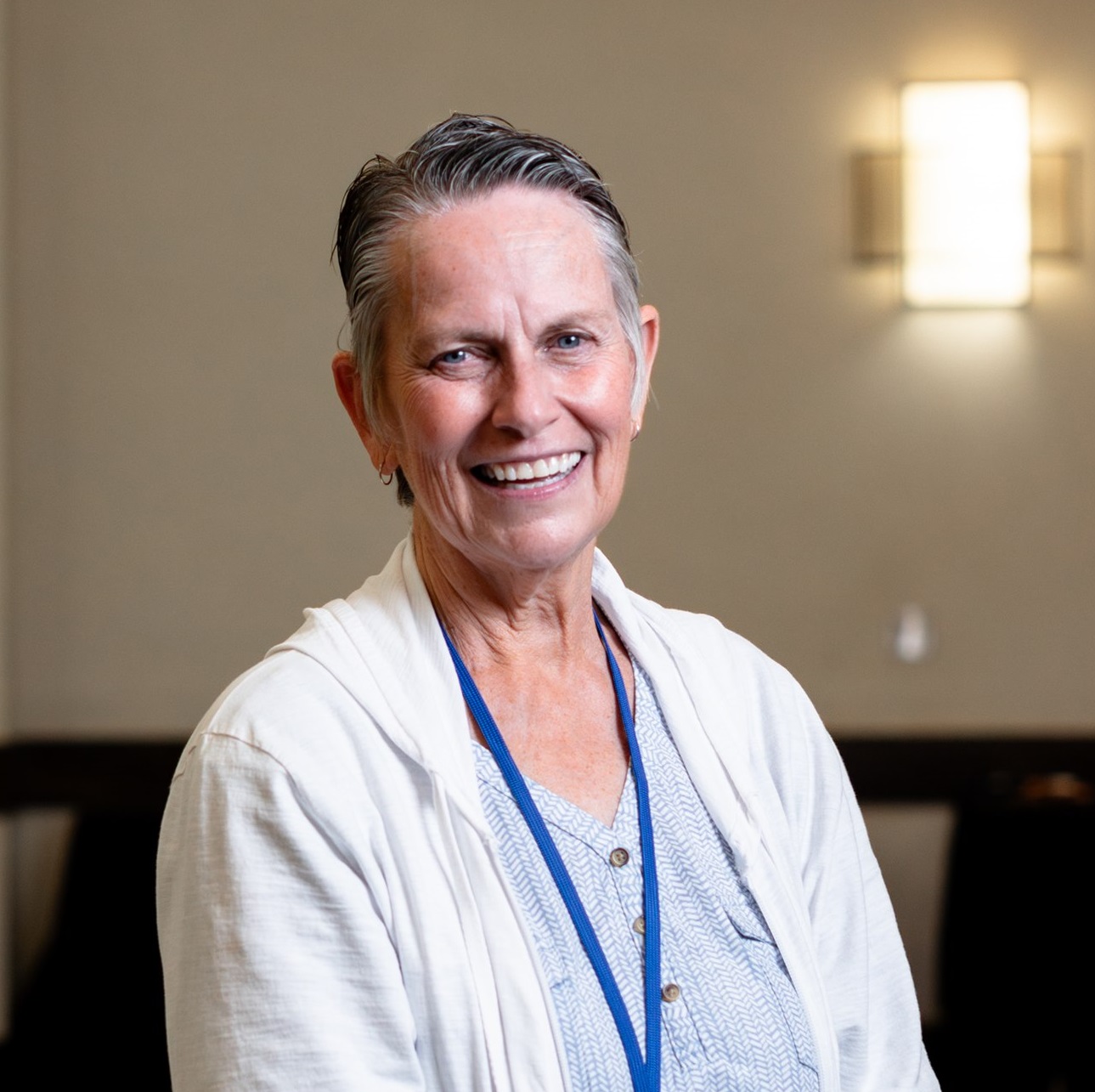

Recent Comments